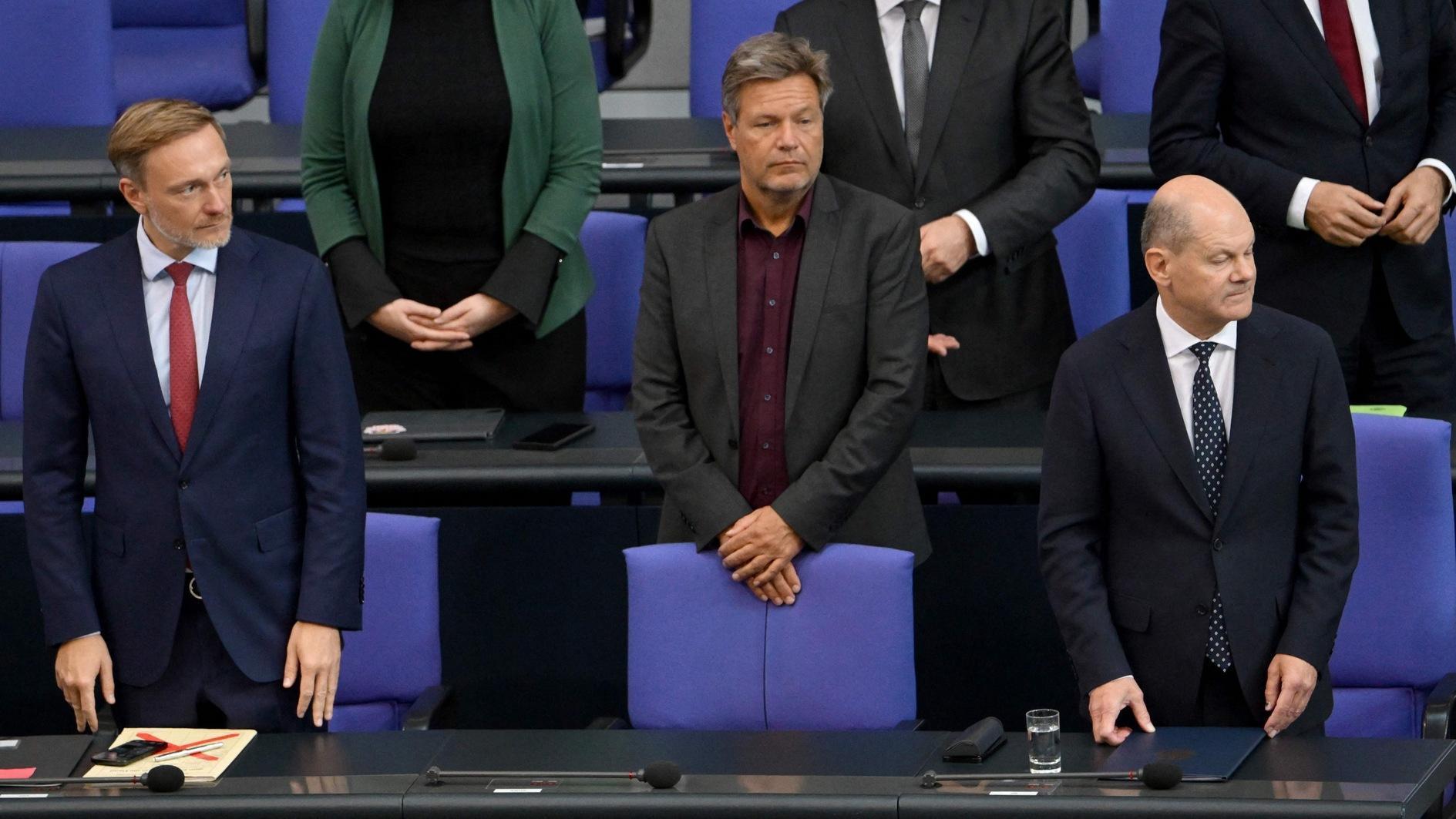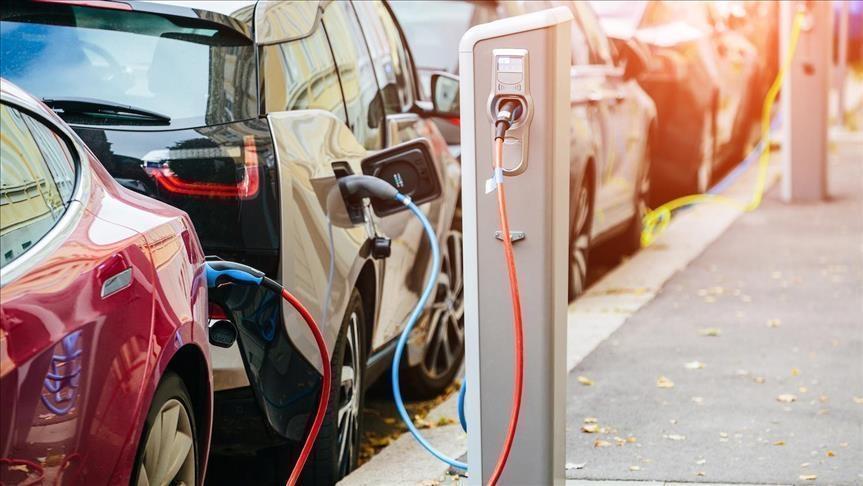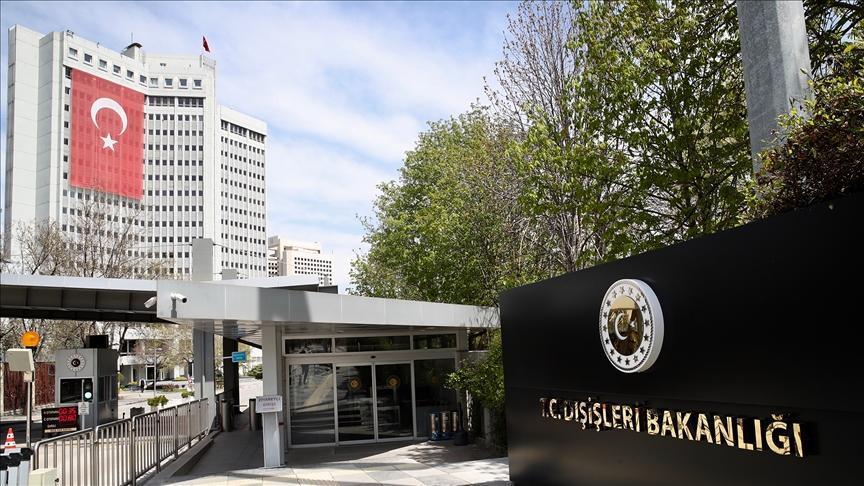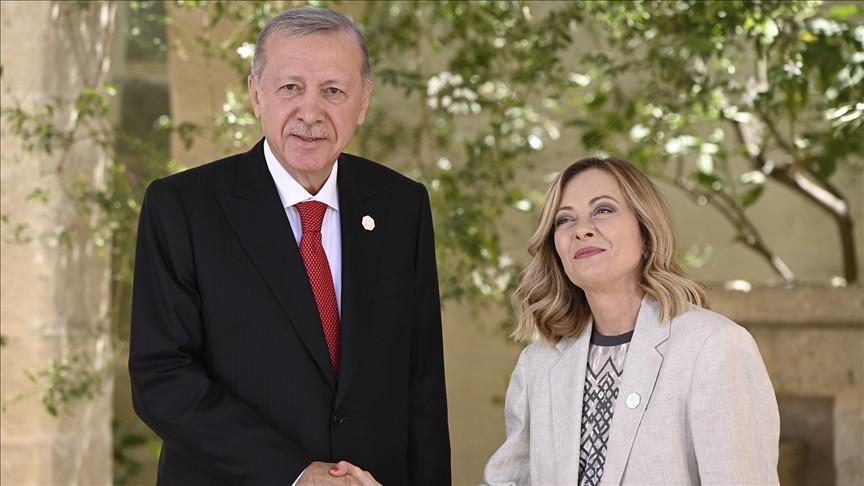Germany's unruly coalition gov’t faces 'autumn of decisions'
BERLIN

Germany's economic and fiscal woes are fuelling bickering within Chancellor Olaf Scholz's fractious three-party coalition and raising fears the government will not last until scheduled elections next year.
As the clock ticks towards the parliamentary vote in September 2025, the trio of ideologically disparate parties has entered into campaign mode and openly traded attacks.
The chaos has weakened Scholz and seen all three parties dive in the polls as formerly fringe far-right and far-left parties have made gains.
Tensions could peak next month when the three governing partners must agree to pass a tight state budget for 2025, after similar talks almost collapsed the coalition in July.
Scholz of the center-left Social Democrats acknowledged this week that the infighting has been hard to take.
It is "sometimes very difficult to get through all the many disputes and do everything to ensure that good results come out of it," he said last week, with characteristic understatement.
The next morning he was greeted with more bad news when mass-market tabloid Bild predicted a looming "showdown" between Scholz and his finance minister Christian Lindner.
Scholz is planning talks with corporate and union leaders tomorrow on reviving the sluggish economy.
Lindner, who was not invited, has announced a rival event with heads of major business groups on the same day.
For his part, fiscal hawk Lindner of the pro-business Free Democrats had just slapped down the idea of a multi-billion-euro investment bonanza proposed by Economy Minister Robert Habeck of the Greens.
Lindner also pointedly told his two more free-spending coalition partners that "new spending requests cannot be met" and warned of tough budget choices ahead in an "autumn of decisions."
News weekly Der Spiegel summed up Germany's dysfunctional government alliance with the headline "Now everyone is fighting against everyone."
In the looming budget talks, all three parties will be "even less inclined to compromise," said Yann Wernert, a political scientist at the Jacques Delors Centre in Berlin.
"Making sacrifices seems complicated," he said, as the parties will soon have to "face the ballot box and explain themselves to the electorate."
The Scholz government was launched in 2021 and initially booked some successes, steering Germany through the pandemic and weaning it off cheap Russian gas as the Ukraine war broke out.
In recent years, the coalition has taken a heavy hit as the economy, long considered Europe's engine room, is set to shrink for a second year in a row.
A recent nationwide poll placed Scholz's Social Democrats at 16 percent, while the Greens scored 11 and the Free Democrats just 3 percent, below the threshold for staying in parliament.
The poll placed the far-right Alternative for Germany (AfD)AfD second with 18 percent, although other parties' vows of non-cooperation should keep it in opposition for now.
















